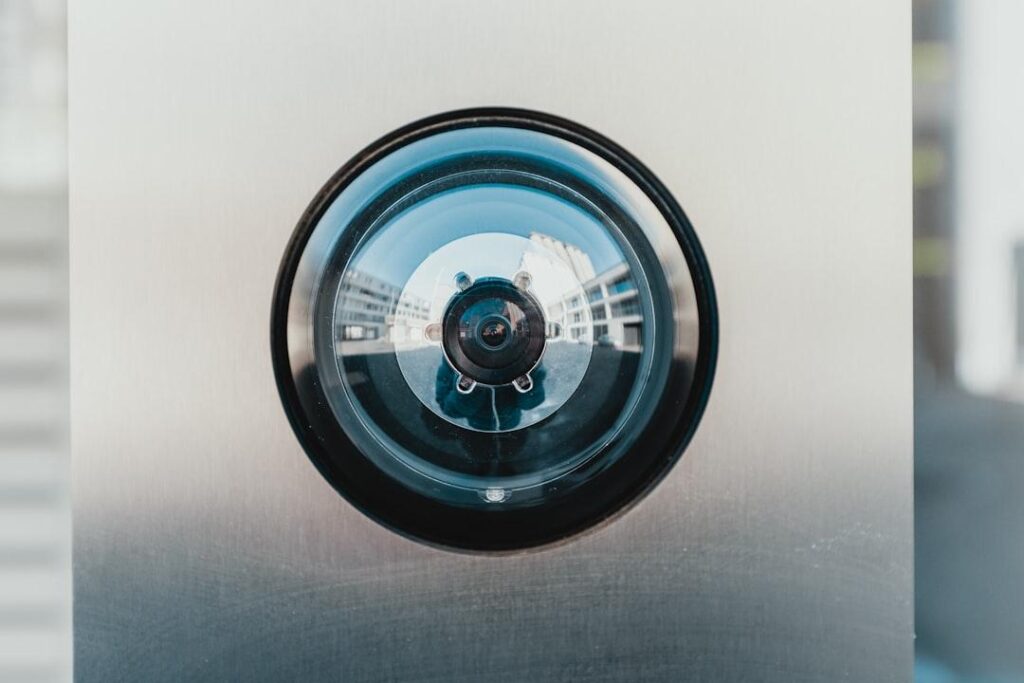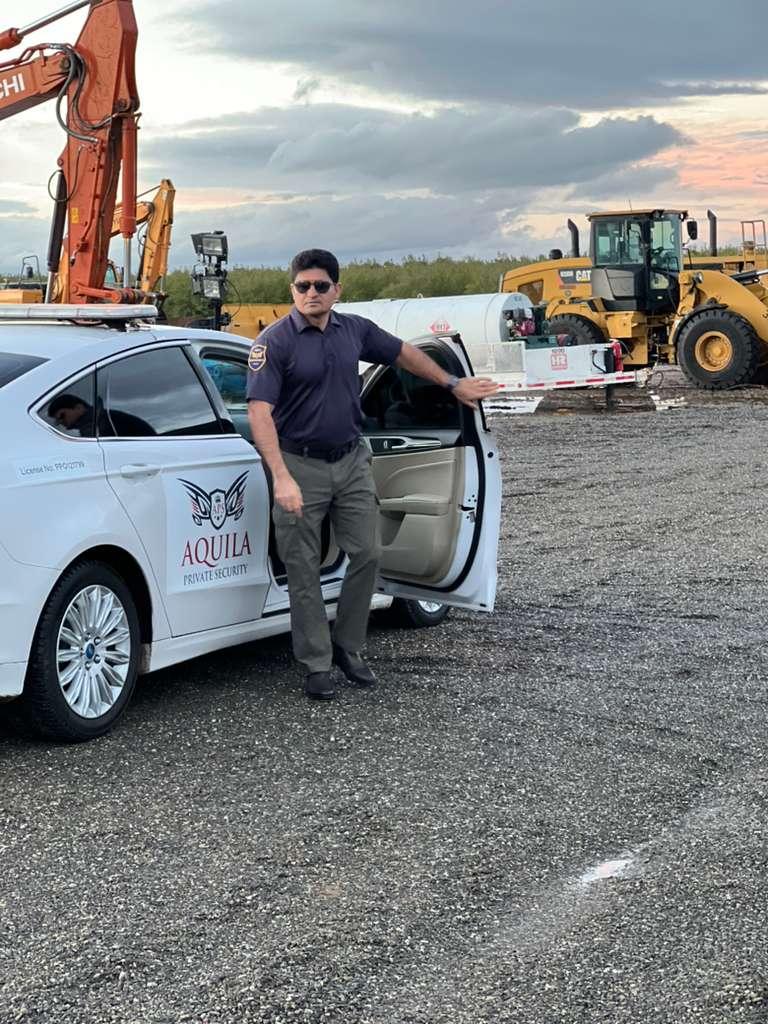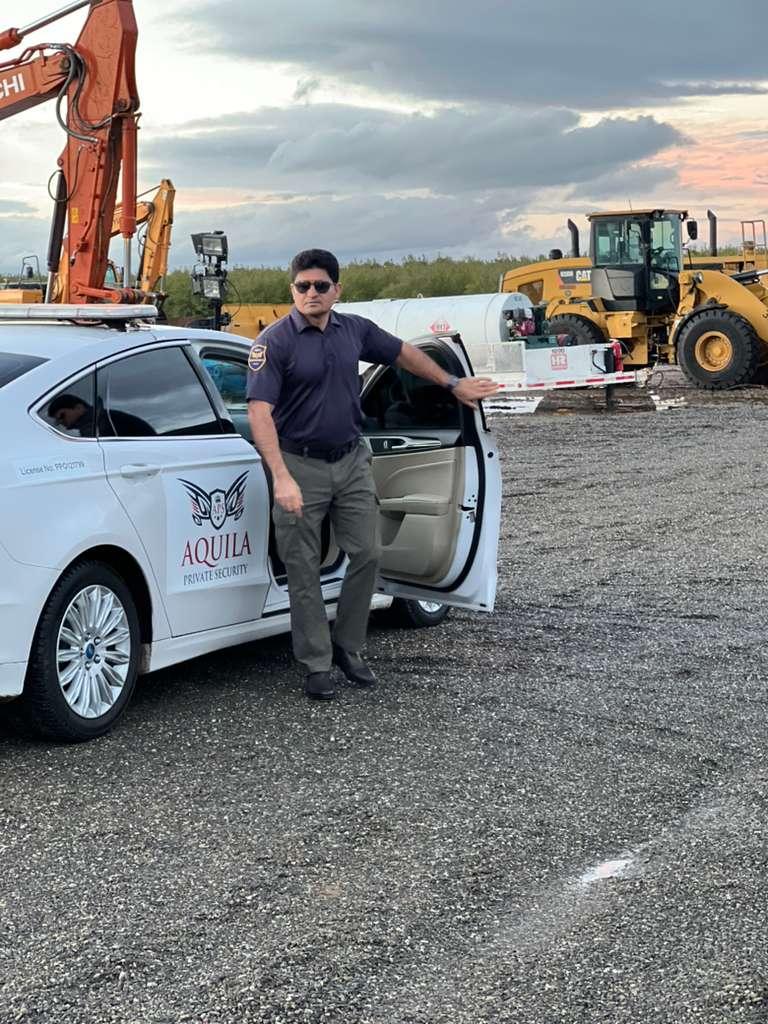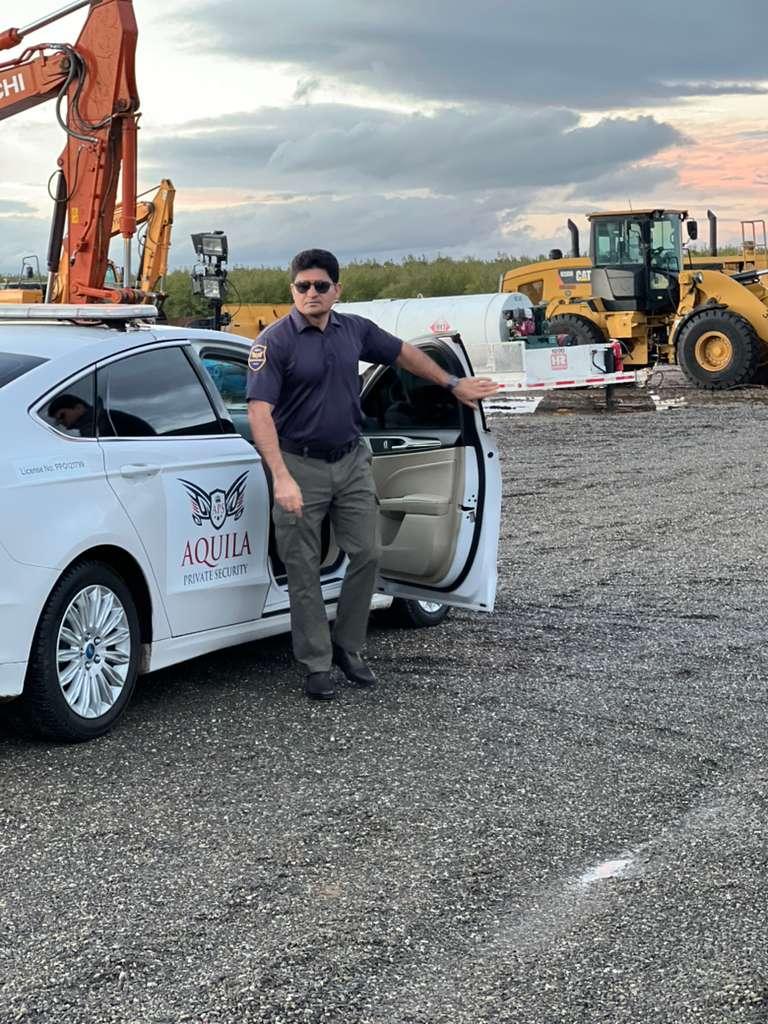Safeguarding assets and ensuring the protection of sensitive information have emerged as critical concerns across industries. Entities like car dealerships, serving as custodians of valuable inventory and confidential customer data, face the imperative of fortifying their security protocols. Enhancing security measures in these establishments is essential not only for asset protection but also for fostering a sense of trust and reliability among clientele. Employing cutting-edge surveillance systems, conducting rigorous employee screenings, and embracing evolving security methodologies are integral components of the multifaceted approach adopted by car dealerships to bolster their security posture. By staying abreast of industry best practices and leveraging advanced technologies, businesses operating in this sector can proactively address security challenges and ensure a secure operational environment. This guide explores the diverse strategies and recommendations aimed at optimizing security measures within car dealerships, equipping stakeholders with the knowledge and tools needed to navigate the complexities of security landscapes effectively.
Essential Security Protocols for Car Dealerships
Implementing Access Control Systems and Securing Entry Points
In the fast-paced world of car dealerships, security is paramount to safeguard valuable inventory and ensure the safety of staff and customers. One of the fundamental security protocols that car dealerships should implement is access control systems. By utilizing advanced technologies like keycard access, biometric scanners, or keypad entry systems, dealerships can effectively restrict access to authorized personnel only. This not only minimizes the risk of unauthorized individuals entering sensitive areas but also enhances overall security measures. In addition to access control systems, securing entry points such as doors and windows with robust locks and alarms is essential to fortify the dealership’s defenses against potential intruders.
Utilizing Surveillance Technology for Enhanced Monitoring
Surveillance technology plays a crucial role in bolstering security measures at car dealerships. By incorporating state-of-the-art CCTV cameras and video monitoring systems, dealerships can achieve round-the-clock surveillance of their premises. These surveillance tools not only act as a deterrent to theft and vandalism but also provide invaluable evidence in case of any security incidents. Furthermore, with the latest advancements in surveillance technology, dealerships can opt for high-definition cameras equipped with remote viewing capabilities, enabling real-time monitoring from any location. This level of enhanced monitoring helps in proactive threat detection and rapid response to potential security breaches.
Training Staff on Security Best Practices
While technological solutions are vital, the human element remains a critical component in ensuring comprehensive security at car dealerships. Educating and training dealership staff on security best practices is imperative to create a culture of vigilance and preparedness. Staff members should be well-versed in identifying suspicious behavior, responding to emergency situations, and adhering to established security protocols. Regular training sessions, simulated security drills, and ongoing education initiatives are essential to reinforce the importance of security and empower all staff members to act swiftly and decisively in the event of a security breach. By fostering a security-conscious environment and equipping staff with the necessary knowledge and skills, car dealerships can effectively mitigate security risks and protect their assets and personnel.
Unleashing the Power of AI and Machine Learning in Security Operations:
Staying ahead of security threats is a top priority for organizations worldwide. Adopting advanced security solutions is no longer a choice but a necessity to safeguard sensitive data, protect physical assets, and ensure business continuity. In this blog section, we will explore the role of AI and Machine Learning in revolutionizing security operations and how GPS tracking systems are enhancing asset protection.
The integration of AI and Machine Learning technologies has redefined the way organizations approach security. By harnessing the power of predictive analytics and pattern recognition, these advanced algorithms can analyze vast amounts of data in real-time, enabling proactive threat detection and rapid incident response. AI-driven security solutions can identify anomalies, detect suspicious activities, and even predict potential security breaches before they occur. This proactive approach not only strengthens defenses but also minimizes the impact of security incidents on business operations.
Moreover, AI and Machine Learning algorithms continuously learn and adapt to new threats, making them invaluable assets in the fight against cybercrime. From identifying complex attack patterns to automating security processes, these technologies empower security teams to stay one step ahead of adversaries.
Elevating Asset Protection with GPS Tracking Systems:
Asset protection is a multifaceted challenge for organizations across industries. Whether it’s tracking valuable equipment, monitoring fleet vehicles, or securing high-risk assets, GPS tracking systems offer a comprehensive solution to enhance visibility and control. Real-time tracking capabilities, geofencing features, and customizable alerts enable organizations to monitor asset movements, deter unauthorized access, and recover stolen items efficiently.
Furthermore, GPS tracking systems provide valuable data insights that go beyond location tracking. By analyzing historical movement patterns, optimizing routes, and monitoring asset utilization, organizations can make informed decisions to streamline operations, reduce costs, and improve overall efficiency.
The adoption of AI, Machine Learning, and GPS tracking systems represents a paradigm shift in security management. By embracing these advanced technologies, organizations can fortify their defenses, mitigate risks, and safeguard their assets from evolving threats. In an increasingly connected world, proactive security measures are the key to resilience and sustained success.
Conclusion
Implementing robust security measures in car dealerships is imperative to safeguarding valuable assets and ensuring the safety of employees and customers. By utilizing a combination of physical security systems, such as surveillance cameras and access controls, along with cybersecurity protocols to protect sensitive data, dealerships can significantly reduce the risk of theft, vandalism, and cyber attacks. Investing in security not only provides peace of mind but also helps to maintain a positive reputation and foster trust with clients. It is clear that prioritizing security measures is a necessary step for car dealerships to thrive in an increasingly complex and interconnected world.







